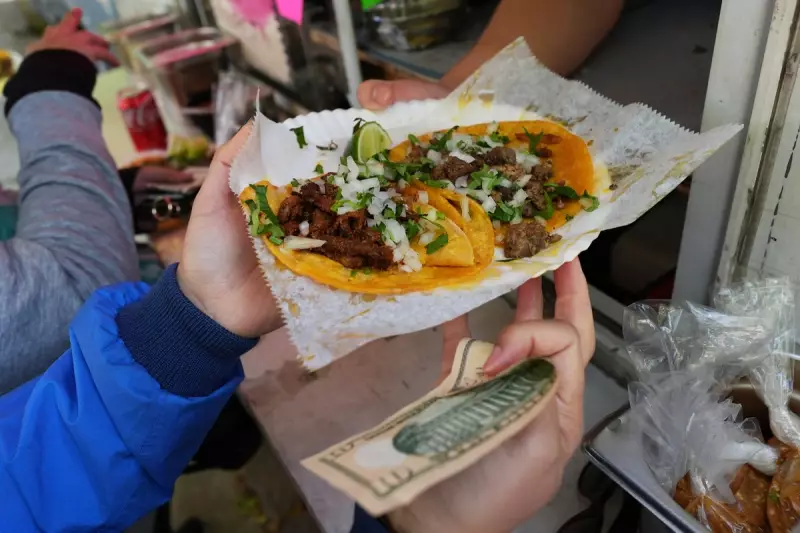
A City's Response to Fear: Buying Out Street Vendors
Across Chicago's Latino neighbourhoods, an unusual sight unfolds at sunrise. Cyclists weave through the streets, stopping at every tamale cart, elote stand, and candy stall they encounter. Their mission is simple yet profound: to purchase every last item, buying out the vendors' entire stock. This food is then loaded up and delivered to shelters and families in need.
This grassroots initiative is a direct response to a federal immigration crackdown that has cast a pall over these vibrant communities. Since the operation began, more than 3,200 arrests have been made in the Chicago metropolitan area. The consequence has been starkly visible: streets and storefronts in Latino neighbourhoods have emptied out as street vendors, terrified of arrest, remain inside their homes.
Cycles of Solidarity and Saved Livelihoods
Rick Rosales, a community organiser with Cycling x Solidarity, is at the heart of this effort. His group now organises two of these “buy out” rides each week, typically supporting five street vendors per event. “The vendors are often speechless,” Rosales said. “They’ll say, ‘I have a lot of tamales. You want all of them?’”
The stakes of these actions were chillingly highlighted when a tamale vendor found the group days after they had bought him out. He revealed that immigration agents had been spotted on his block just hours after he had left. “You saved my life,” Rosales recounted the man telling them. For many, this work is a lifeline in a climate of intense fear.
The Human Cost of the Crackdown
Maria Orozco, an outreach organiser for the Street Vendors Association of Chicago, confirms the devastating impact. While it's difficult to pinpoint an exact number, she knows of at least 10 street vendors who have been detained. The arrests have been widespread and alarming.
In September, a tamale vendor was detained outside a Home Depot. Soon after, federal agents arrested a flower seller in Archer Heights and a cotton candy vendor in the predominantly Mexican American neighbourhood of Little Village. The situation escalated in October when immigration agents descended on the Swap-O-Rama flea market, detaining more than a dozen people. Most recently, over 100 residents in Brighton Park rallied to demand the release of their local tamalero.
Orozco laments this as both a cultural and economic loss, describing the vendors as part of the “fabric of our city.” In response, her organisation has launched a GoFundMe with the goal of raising $300,000 to provide financial support to affected vendors.
Restaurants and Bakers Feel the Strain
The fear has rippled beyond street vendors to local restaurants. Alonso Zaragoza, executive administrator of a neighbourhood advocacy group in Belmont Cragin, noticed restaurants standing empty and dark. In response, he began organising restaurant crawls that draw hundreds to struggling Latino-owned eateries, providing a crucial financial boost.
Meanwhile, Delilah Martinez, a community organiser in Pilsen, was heartbroken by the silence on her street. The familiar faces of vendors were gone. She started “Operation Buyout,” raising money online to purchase vendors' entire stock. “I just wanted her to have a day of rest, a day without fear,” Martinez said of the first vendor she helped, handing the woman $500.
One of those she assisted was a baker from Mexico City, a father of four who has been in Chicago for 24 years. He lives in constant fear, especially for his youngest daughter, and knows two friends who have been detained. When Martinez presented him with a silver, restaurant-grade mixer and an envelope containing $1,500 gathered from neighbours, his reaction was visceral. He covered his mouth, kicked his legs, and began to cry, clutching a mixer attachment to his chest. “Thank you so much,” he said. “It’s beautiful.”
In the face of a federal crackdown, the people of Chicago are writing a different story—one of profound community, resilience, and solidarity.





